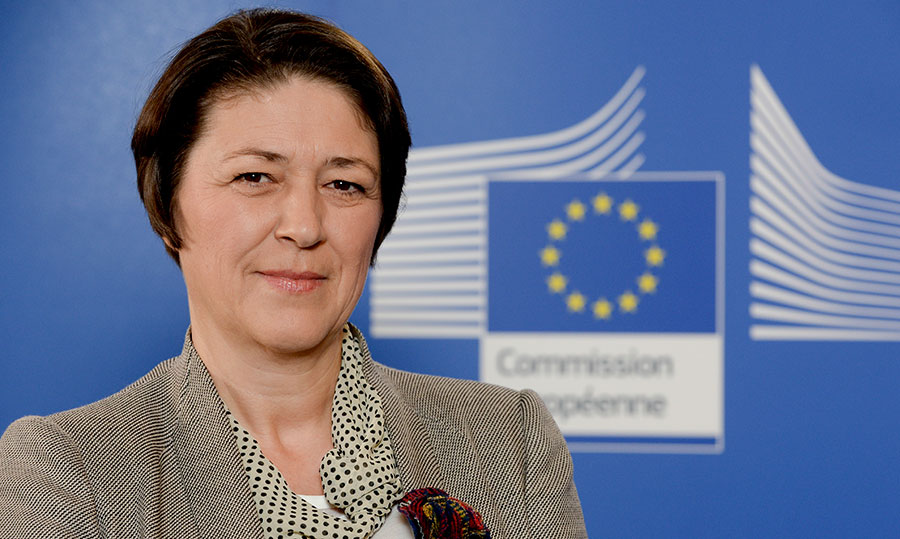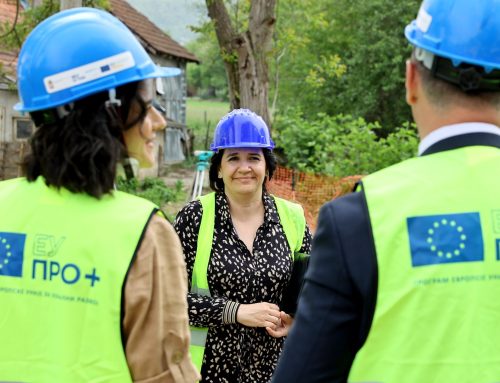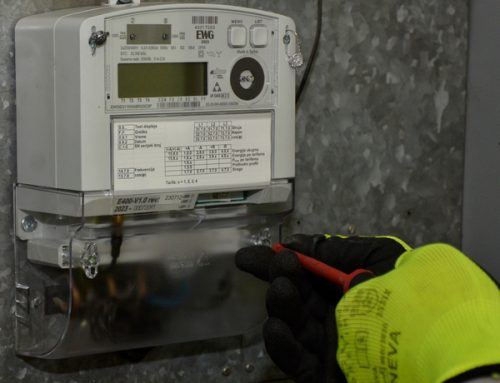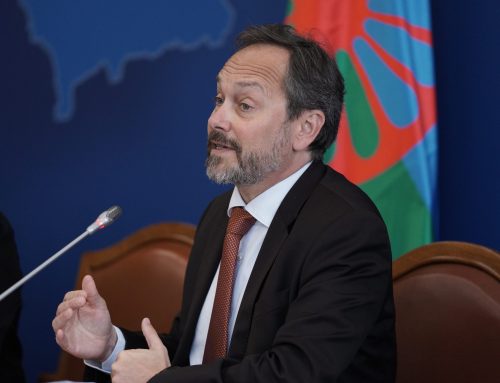EU Commissioner for Transport Violeta Bulc said that connectivity within the Western Balkans held key importance for region’s integration with the EU. “EU enlargement strategy is designed to motivate the countries in the region,” Bulc said and encouraged them to act as if they were EU Members. Participants in the regional business summit in Skopje said that further cooperation and development of the region required infrastructural connectivity and adaptation to digitization.
“A year and a half ago I was highly cautious, but today I believe that the EU is catching good winds in its sails. I hope this would encourage you to press ahead with reforms and make the most of these winds of pure energy,” Bulc said.
She said the EU was not facing any crisis, supporting her claim by adding that all EU countries were experiencing GDP growth and an increase in employment. “I hope that you will put these facts into your own good use,” said Bulc at the “Summit 100 – business leaders of Southeast Europe.”
According to her, the Western Balkans countries stood far better chance of a future EU membership than a decade ago. The EU, she said, has an enlargement strategy intended to generate strong motivation in the Western Balkan countries.
Bulc said that the freshly signed Transport Community Treaty was a result yielded by stability and certainty of the South East European region.
“Summit 100 is crucial for the region and its connectivity. The unique platform you have established here will help you to set up a connection between politicians and businesspeople and determine priorities and will guide you through their realization. The results will become inevitable. You should act as if you were already EU countries,” European Transport Commissioner said.
Violeta Bulc described the digitisation as a motor of change, adding that the Western Balkans could take tremendous advantage of the process and reduce its administration by some 60%. In her own words, all countries in the region should introduce electronic toll collection as soon as possible.
Participants in the “Summit 100 – business leaders of Southeast Europe” said that economic and transport connectivity, along with political integration and stability, would enhance cooperation and development in the Western Balkans.
Attendants of the Skopje summit agreed that large infrastructure projects and companies’ stronger response to challenges of digitisation would secure a faster flow of people and goods.
The two-day summit was participated in by more than 150 business leaders from Macedonia, Slovenia, Serbia, Croatia, BiH, Montenegro, Albania and Kosovo*. The summit also announced immediate start of implementation of a regional project Edison aimed at electrification of highways in the region.
*This designation is without prejudice to positions on status, and is in line with UNSCR 1244/1999 and the ICJ Opinion on the Kosovo declaration of independence.




